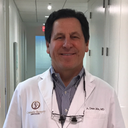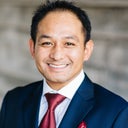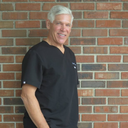Are patients intubated for a Facelift?
Hello I was wondering how you can see what ones face looks like around the mouth area when a patient is intubated for a facelift?
Hello I was wondering how you can see what ones face looks like around the mouth area when a patient is intubated for a facelift?










What’s trending? Who’s turning heads? Which TikTok myths need busting? We’ve got you. No fluff, no gatekeeping—just real talk. Get our free, unfiltered newsletter.